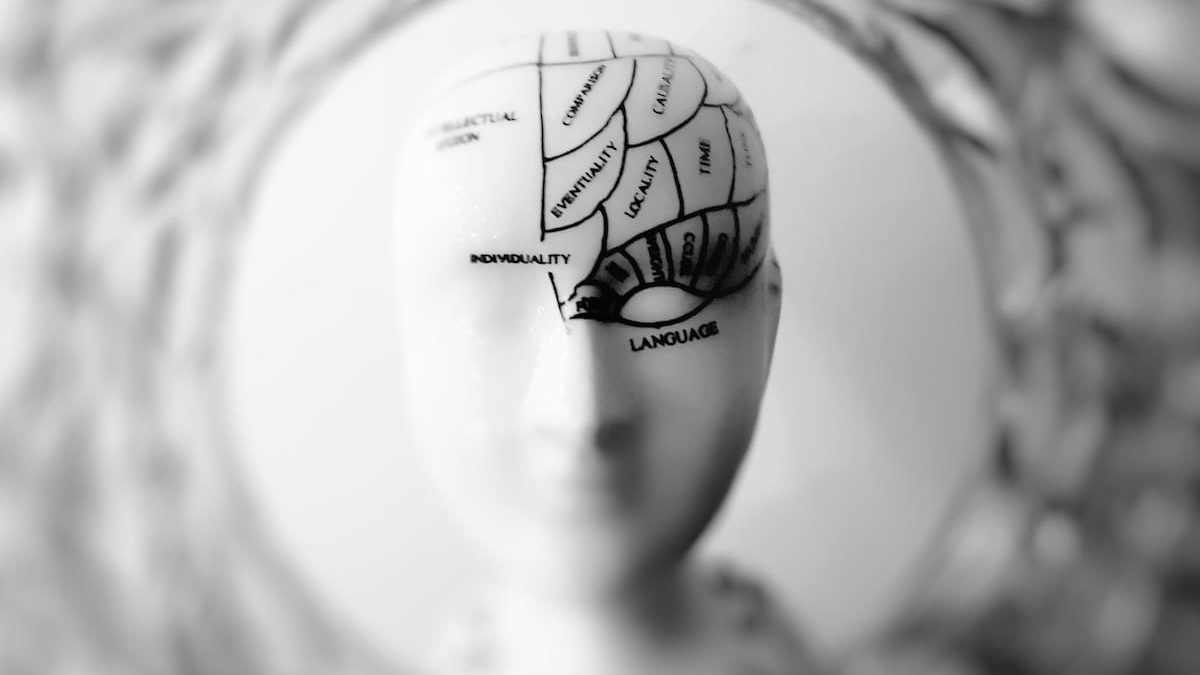The human brain is the most complex organ in one’s body. It is made up of billions of cells that divide into different networks and all work together in an organized manner. Information travels between the different networks by creating synaptic connections, and neural pathways in the brain, which in turn, create interconnected circuits. Although each component of the brain works together, each circuit is primarily responsible for different functions. The various networks send distinct information to certain areas within one’s brain, to and from one’s spinal cord, and nerves throughout the rest of one’s body. Neural pathways are formed from recurrent experiences, and strengthened with repetition. Introducing mood altering substances, and/ or abusing drugs of any kind can affect how one’s brain functions.
Any individual that has habitually abused drugs and/ or alcohol will have implemented various modifications to his or her life to accommodate his or her drug use. This can greatly affect all areas of one’s life and lead to damaging relationships with family and friends, difficult financial situation, legal complications, and physiological effects. The habits and patterns that are developed and reinforced surrounding one’s substance use can become second nature, and affect one’s brain development. These habits and patterns form strong synaptic connections and neural pathways that can later be difficult to remedy.
Areas Affected
Substance abuse can change how certain areas of the brain function. The basal ganglia, sometimes referred to as the brain’s reward circuit, is an area in one’s brain that plays a role in cultivating motivation, the formation of routines and habits as well as appreciating the pleasurable effects of life. Drugs can over-active this area, which is often experienced as a feeling of euphoria. With repeated exposures, neural pathways will form around the presence of the substance, which can reduce one’s sensitivity and make it more difficult to glean pleasure from anything other than the substance. The amygdala is the area of the brain that perceives feelings of stress, anxiety, and irritability. When an individual begins to experience withdrawal as a substance leaves his or her body, in attempt to mitigate the uncomfortable emotions he or she will experience drug cravings and be motivated to satisfy his or her craving. Increased drug use can cause one’s amygdala to become increasingly sensitive. The prefrontal cortex is the area of the brain that is responsible for rational thinking, problem solving, planning, decision-making, and impulse control. An individual’s prefrontal cortex does not fully develop until age twenty-five, at the earliest. A person younger than twenty-five years old that struggles with substance abuse and/ or addiction lacks impulse control and will likely find him or herself compulsively on the pursuit to satisfy his or her drugs cravings.
Different substances will have different affects on one’s brain. Each substance is developed with a unique formula. Certain substances such as cocaine and amphetamine work by disrupting the normal communication between neurotransmitters in one’s brain. Hence, with prolonged abuse of these substances, it is not uncommon to sustain long-term effects to one’s brain. There are several contributing factors that can play a role in how a foreign substance may affect one’s brain. The personal health history of the individual, the type of substance or substances abused, the length of time he or she abused the substance, the potency of the substance abused, and the frequency he or she abused the substance will all inform the effects the drugs may have on his or her brain.
For Information and Support
If you are concerned for yourself or a loved one in regards to substance abuse and/ or addiction we recommend reaching out for help as soon as possible. If left untreated, substance abuse can result in long lasting and potentially life-threatening consequences. Keep in mind: you are not alone! There is an entire network of professionals that are available to help and support you and your loved one throughout the recovery process. The earlier you seek support, the sooner your loved one can return to a happy, healthy, and fulfilling life.
Please do not hesitate to reach out with any questions regarding our specific program at Haven House Addiction Treatment and/ or general substance abuse and/ or addiction treatment related information. Our highly trained staff is readily available to discuss how we might best be able to help you and your loved one.



